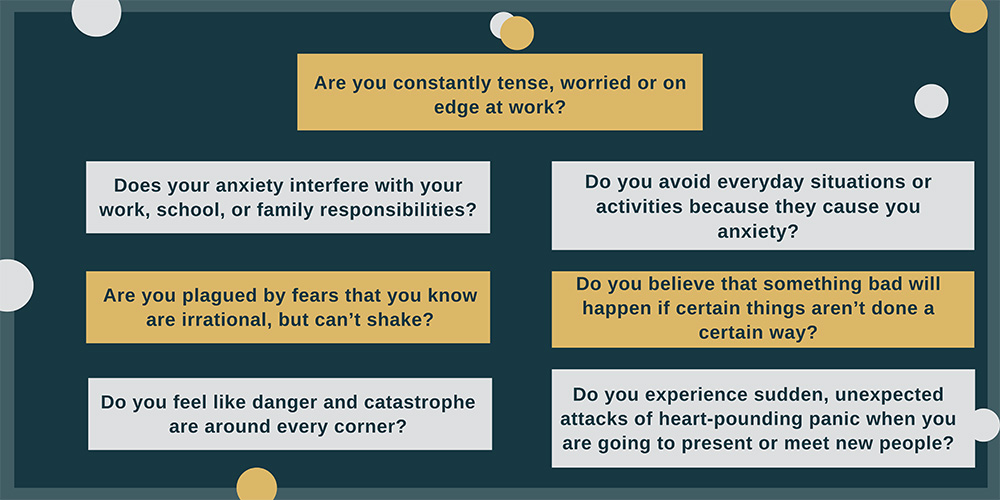
**Superiority of Beliefs and Overestimation of Knowledge: An In-Depth Examination of Psychological Dynamics**
In the sphere of human actions and thought processes, examining why people frequently view their opinions as superior to those of others is a captivating pursuit. This occurrence, termed “superiority of beliefs,” embodies a mentality where individuals not only assert they are correct but also perceive others as fundamentally mistaken. This idea was extensively investigated in a research article by Michael Hall and Kaitlin Raimi, published in the *Journal of Experimental Social Psychology*. Their conclusions indicate a substantial correlation between belief superiority and the familiar Dunning-Kruger effect, which emphasizes how those with limited understanding often overrate their proficiency.
The essence of the research hinges on the pivotal query: Do individuals exhibiting belief superiority genuinely possess greater knowledge regarding the topics they are so assured about? Curiously, the findings suggest otherwise. Those convinced of their opinion’s superiority were more likely to overvalue their understanding while concurrently dismissing additional learning opportunities. This uncovers a significant twist on the Dunning-Kruger effect; it’s not merely lack of knowledge propelling overconfidence, but a distinct conviction that others hold incorrect views.
This trend of overestimation was identified through a series of carefully crafted experiments. Participants demonstrating increased belief superiority were assessed on their actual knowledge levels and compared with their self-perceived abilities. The outcomes consistently revealed a disparity: confidence in one’s opinion did not align with factual accuracy or the extent of comprehension.
These results carry significant implications for our interactions in social and professional realms. Recognizing the gap between perceived and actual knowledge can inform strategies to encourage open-mindedness and a readiness to engage in further learning. By recognizing the challenges posed by belief superiority, individuals and organizations can foster a more informed and balanced dialogue of ideas.
In summary, the study emphasizes the necessity of intellectual humility and ongoing education. As we navigate a progressively intricate world, embracing new viewpoints and being willing to acknowledge our limitations becomes not only a personal benefit but a collective imperative. Therefore, questioning our assumed correctness and actively pursuing knowledge may help close the divide that belief superiority tends to expand.